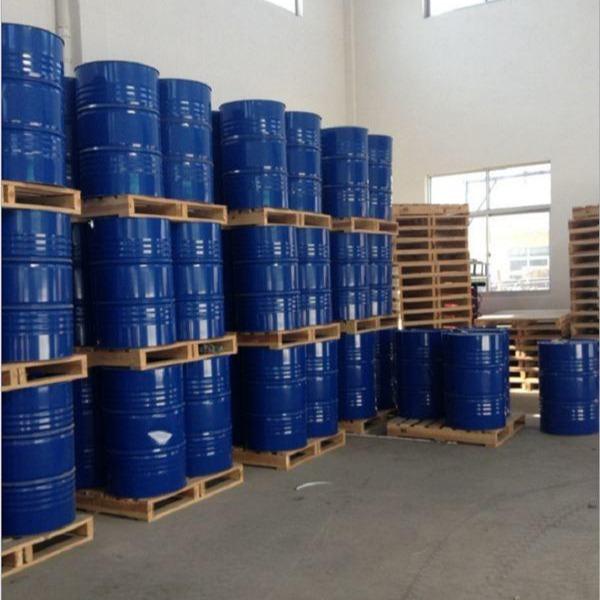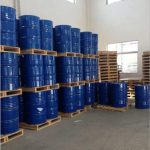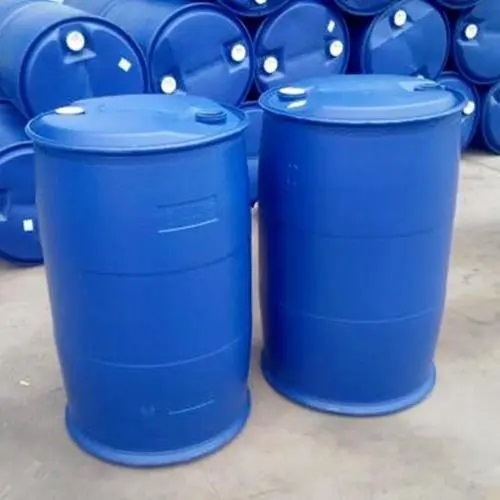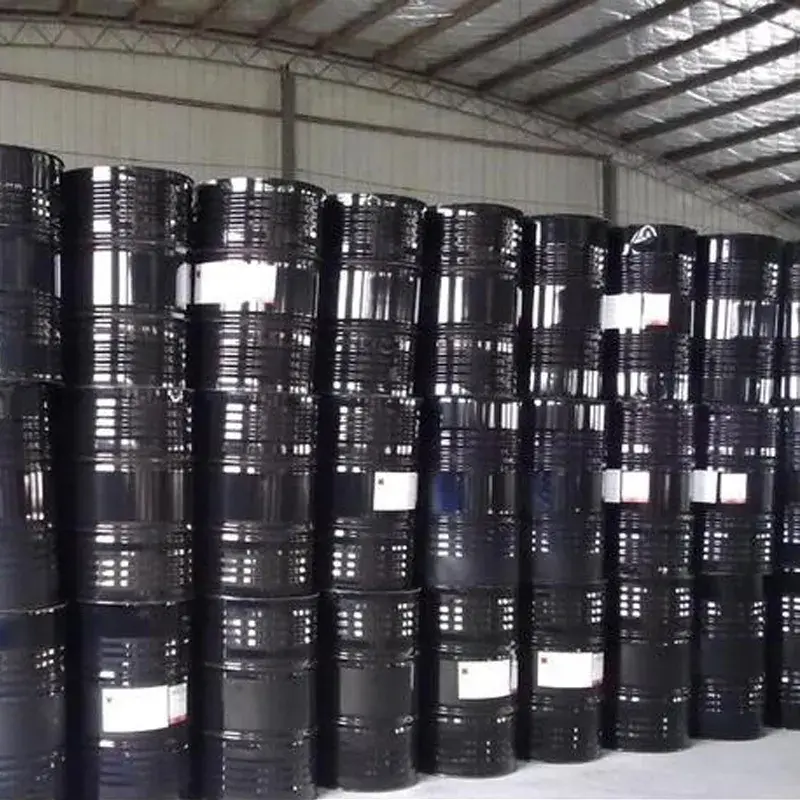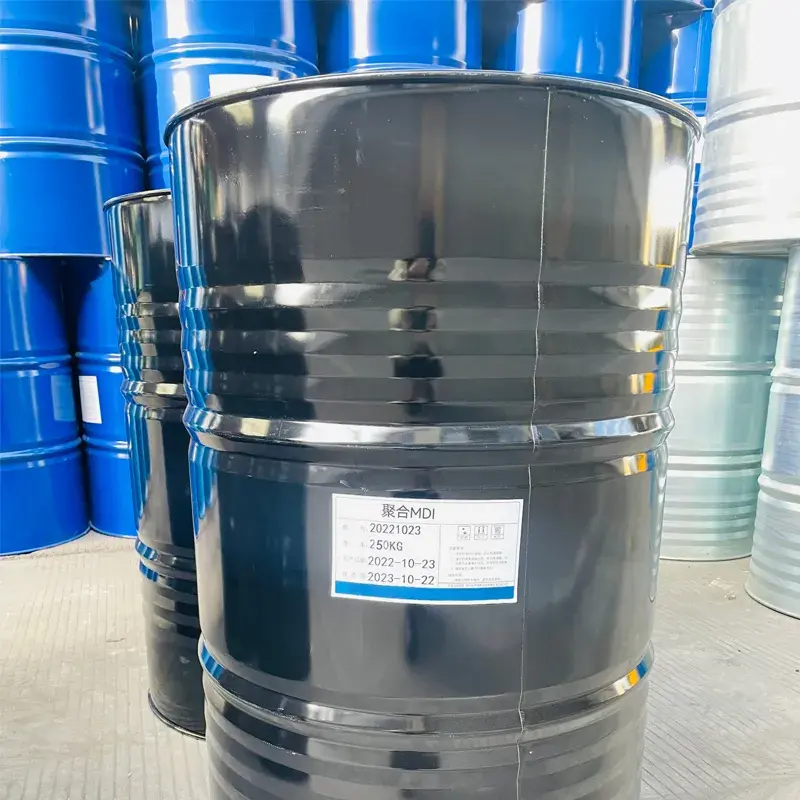
C10 Alcohol
Chemical properties:
Decanol is a colorless viscous liquid. It is slightly soluble in water, with a solubility of 2.8% (by weight). It is soluble in glacial acetic acid, ethanol, benzene, petroleum ether, and very soluble in ether.
Uses:
1. Decanol is a raw material for making surfactants, plasticizers, synthetic fibers, defoamers, herbicides, lubricant additives and spices, and is also used as a solvent for inks. It is a spice allowed for use according to GB2760-96, and is mainly used to prepare flavors such as orange, lemon, coconut and assorted fruits.
2. It is used in trace amounts in the formulation of flavors such as acacia, osmanthus, violet, red rose, orange flower, daffodil, iris, lilac, jasmine and sweet orange flower. It can be used as a compatibility or modifier for linalool in low-grade floral fragrance formulas. It is sometimes used for industrial deodorization or to cover up the bad smell of industrial products. It can also be used in small amounts in cream, sweet orange, coconut, lemon and various fruity flavors in edible flavors.
3. Decyl alcohol can be used to prepare soap and daily cosmetics flavors. It occupies an important position in C8-C18 alcohols and is used in rose-based floral flavors. As a citrus fruit flavor, it is used in beverages, candies, etc. The dosage (ppm) in food is as follows: 4.6 for ice cream, 5.2 for candy, 3.0 for chewing gum, and 2.1 for beverages. It must not be used for purposes other than fragrance. Decyl alcohol is also a raw material for polyvinyl chloride wire coating materials and plasticizers (DIDP, DIDA) for high-grade artificial leather, a raw material for uranium refining, defoaming agents, surfactants, and solvents. In agriculture, it can be used as a solvent and stabilizer for herbicides and pesticides, as well as a raw material for synthesis. It is used as a ripening agent for green fruits, and can also be used to control the germination of seeds of ornamental plants and tobacco. It can also be used in oil drilling and secondary oil recovery.

